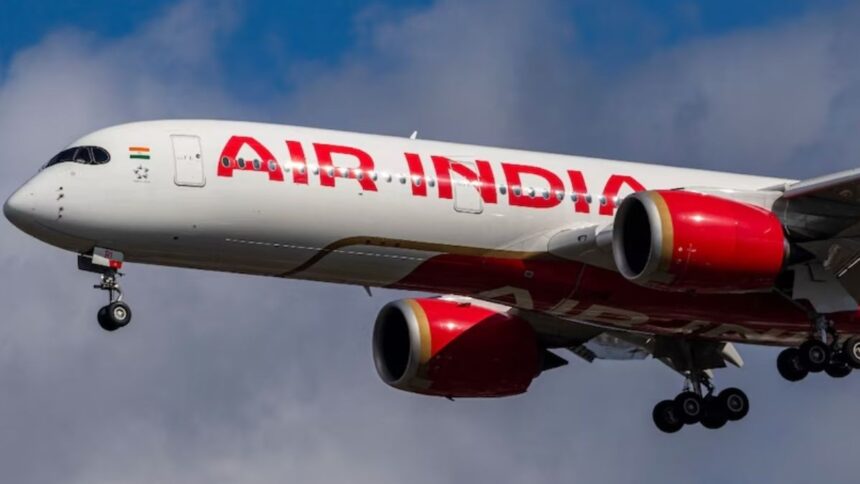Air India, now owned by the Tata Group, has estimated a loss of nearly $600 million if Pakistan’s airspace remains closed to Indian carriers for a full year, and has urged the central government to provide financial assistance to offset the impact.
In a letter dated April 27 addressed to the Civil Aviation Ministry, the airline requested a “subsidy model” to help cushion the blow, projecting an annual loss of over Rs 50 billion due to longer flight routes and higher fuel consumption, news agency Reuters reported on Thursday.
The airline suggested that “subsidy for affected international flights is a good, verifiable and fair option … the subsidy can be removed when the situation improves.”
Air India has highlighted that the closure imposes the maximum impact on its operations, particularly due to “additional fuel burn…additional crew.” The Ministry has yet to respond to this request.
The airspace restriction comes after India suspended the Indus Waters Treaty last week in response to a terror attack on tourists in Kashmir’s Pahalgam. In retaliation, Pakistan barred Indian airlines from using its airspace—a move that has forced carriers to reroute several international flights.
The disruption is expected to significantly increase operating costs, with longer flight durations translating into more fuel burn and added crew expenses. Other Indian carriers are also bracing for a ripple effect as the standoff continues.
Air India has been significantly affected by this airspace ban as it operates numerous long-haul flights to Europe, the United States, and Canada, frequently crossing over Pakistani airspace. The airline holds a 26.5% market share in India and competes with larger domestic rival IndiGo.
In 2023-2024, Air India reported a net loss of $520 million on sales of $4.6 billion, partly attributed to delays in aircraft deliveries from Boeing and Airbus. The government is currently considering various options to alleviate the financial burden on the airline industry due to the airspace closure.
In response to the closure of airspace, Air India has also requested that the government negotiate with Chinese authorities for overflight clearances to utilise alternative routes. Additionally, the airline seeks approval to carry extra pilots on its flights to the United States and Canada, accounting for the increased travel durations.
This operational adjustment aims to maintain service continuity amid extended flight paths. Indian carriers, including Air India, are exploring possibilities such as flying over challenging terrains near China and some tax exemptions, as part of a collaborative approach with the Civil Aviation Ministry.








